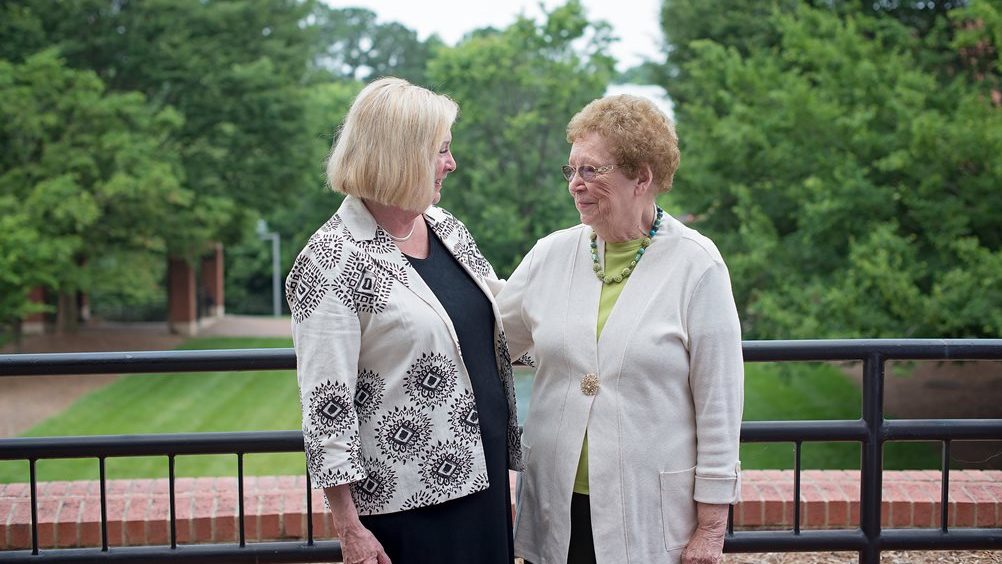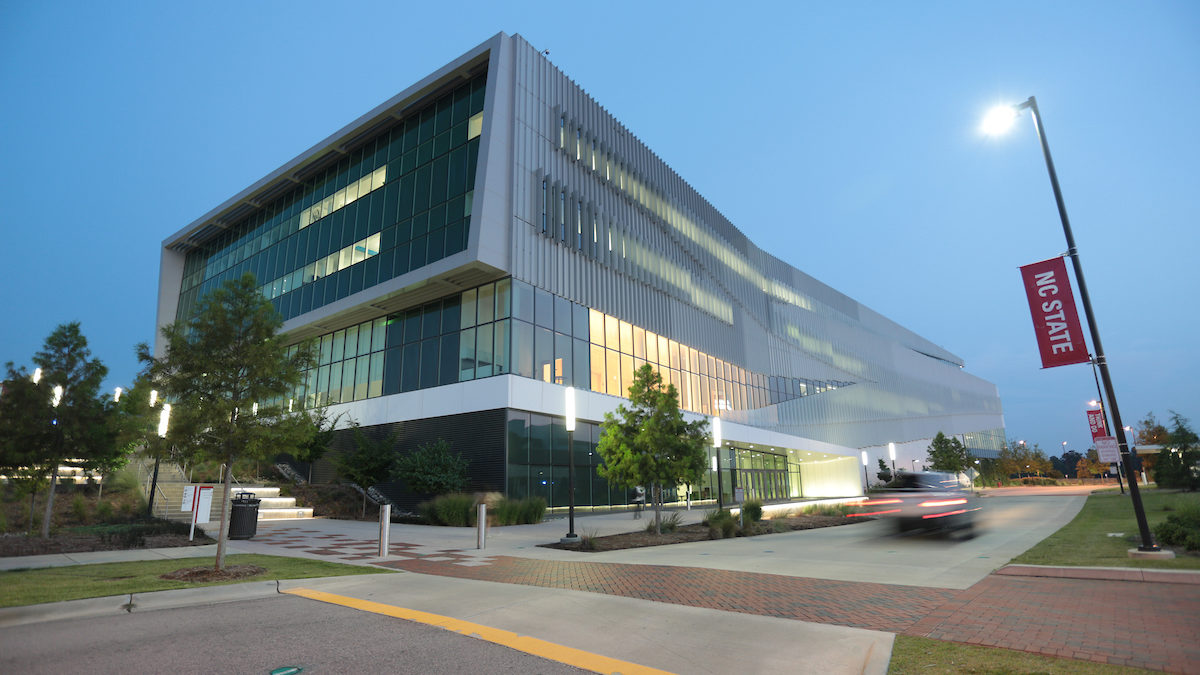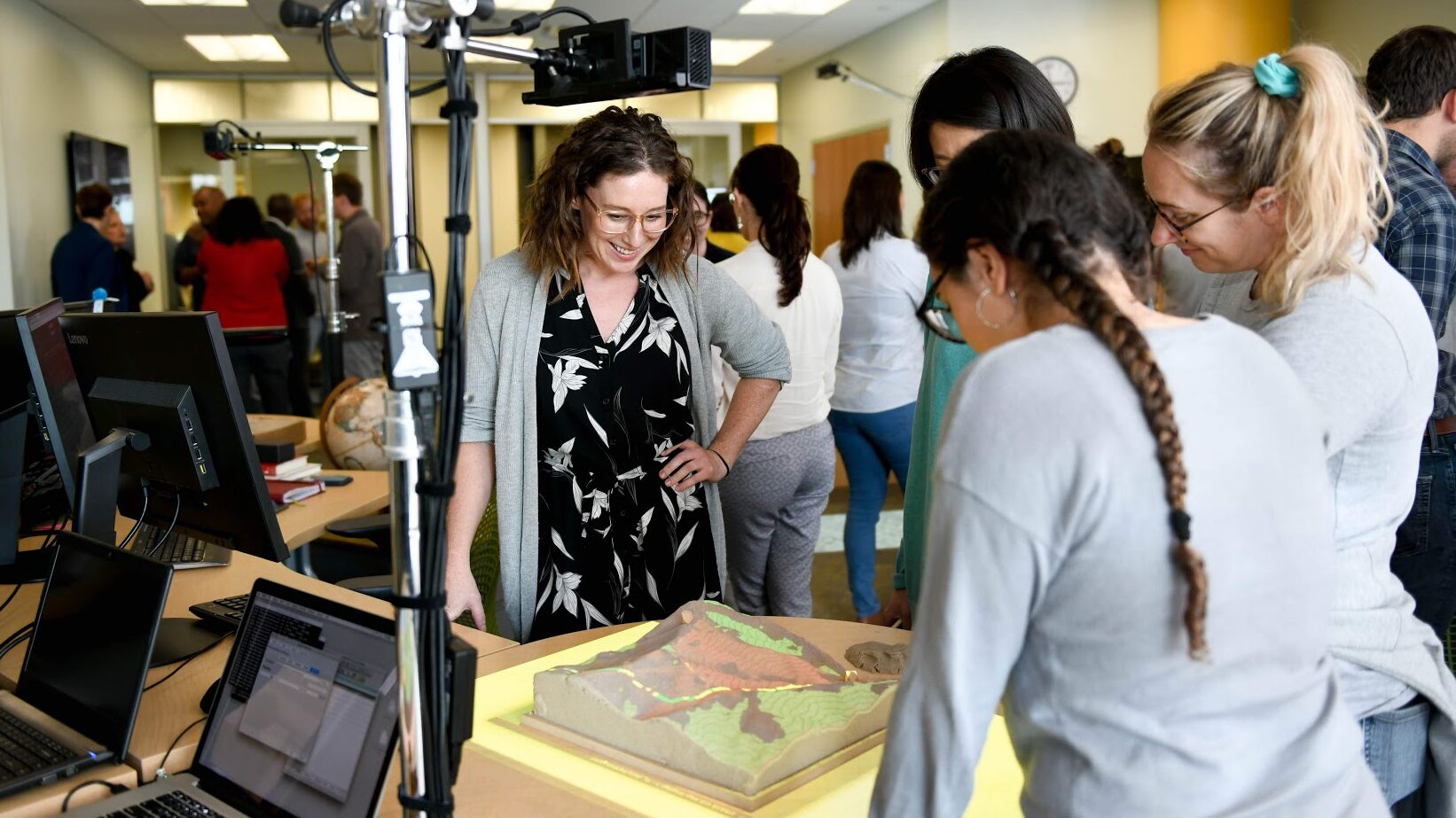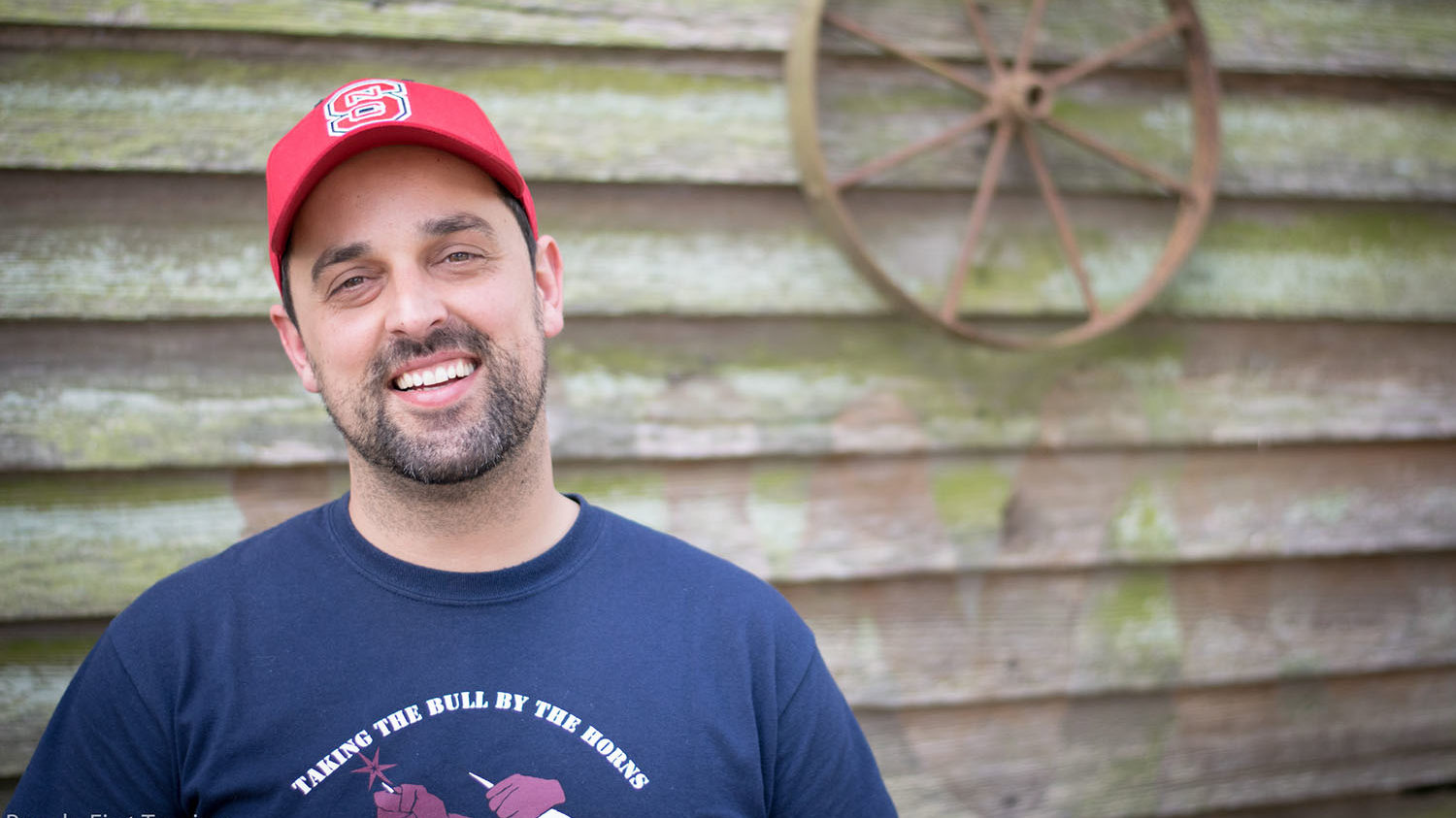Peggy Olive Marks 48 Years at Graduate School

When Peggy Olive started work at NC State’s Graduate School in 1968, Lyndon Johnson was in the White House, the Vietnam War was in full swing, and few people had heard of a Washington, DC hotel called Watergate.
Forty-eight years later, Barack Obama is president, the war in Afghanistan is still in full swing, and the infamous Watergate Hotel has been almost forgotten. But Olive still works at the Graduate School, and though she is well past the standard retirement age, she has no plans to retire.
“I love everything I do—I love the students, my Graduate Services Coordinators, the Directors of Graduate Programs and the faculty,” she said. “I don’t think I’d change a thing.”
Olive started out working as a clerk, became an administrative assistant, then supervisor of records, and today she is one of four college liaisons who see graduate students through from the time they apply to graduate school until they earn their degrees.
She has stayed through eight Graduate School deans, four location changes on campus and has seen the Graduate School staff grow from less than 10 to more than 30. She remembers typewriters and mimeograph machines, but she has transitioned to computers and copiers.
Despite all the changes, Olive says graduate students remain about the same. “I’m not sure the students are any different. They may have more problems now than they did then,” she said.
When she’s not working at NC State, she enjoys working in her yard, reading and solving puzzles, being involved with her church and spending time with family. Her three sons live nearby, and she has four grandchildren and one great-grandson.
Olive likes the fact that there are so many different things to do in her job. If she gets tired of doing one thing, she moves on to the next. “I love it,” she repeats. “If I didn’t, I wouldn’t be here.”
Read more from the Graduate School’s Think Magazine.
Download this article as a PDF.
- Categories:


